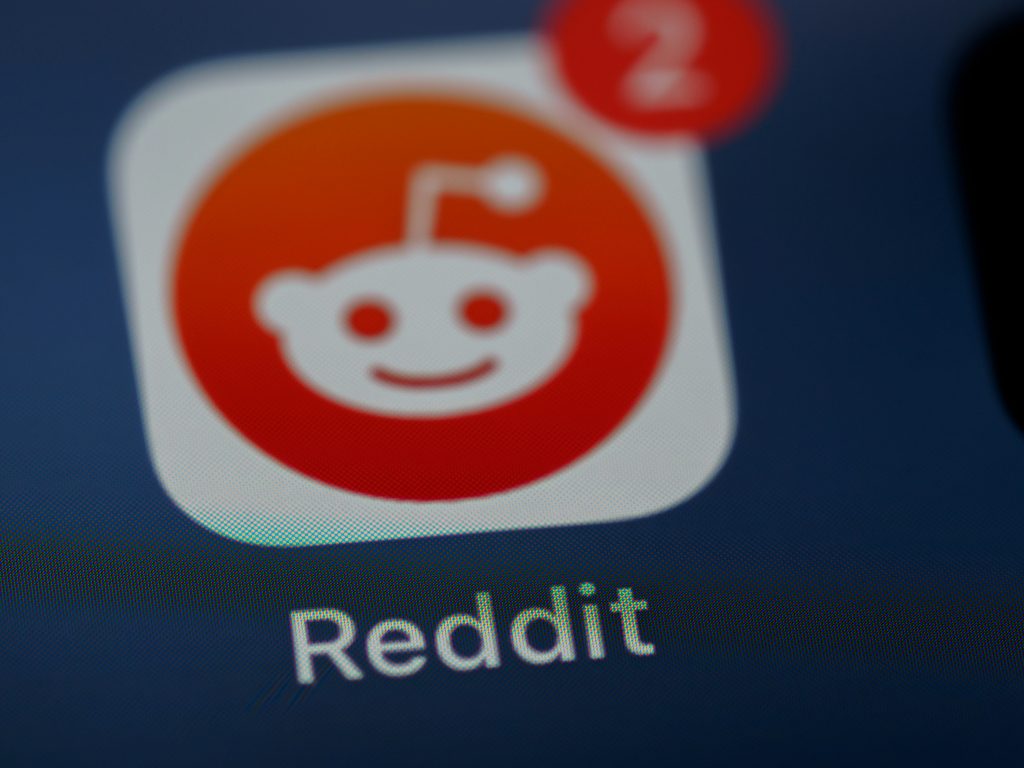April is Earth Month, with Earth Day taking place on 22nd April, comes to an end it is important to reflect on the impact of our daily lives on the environment and what we can do to lessen this negative impact. The consumer technology industry has a significant role to play in promoting sustainability, particularly in reducing plastic pollution. From packaging to product design, consumer tech brands have the opportunity to make a difference in the fight against plastic pollution.
Consumer technology brands, businesses, and manufacturers need to proactively prioritize sustainability because the negative impacts of their products on the environment are becoming increasingly apparent.
One of the most pressing issues is plastic pollution. It’s a growing problem in the consumer technology industry, as most electronic devices are made from a combination of plastic and other materials. These devices include smartphones, laptops, televisions, headphones, and other gadgets that are popular in our daily lives.
The plastic used in these devices is often not recyclable, which means it ends up in landfills or the ocean, where it can take hundreds of years to break down. Additionally, the production and disposal of plastic electronics often release harmful chemicals into the environment, causing further damage to ecosystems and wildlife.
One major contributor to plastic pollution in the consumer technology industry is the short lifespan of many electronic devices. As new models are constantly released, consumers are encouraged to upgrade and discard their old devices, leading to an accumulation of e-waste.
Another issue is the packaging used for these products, which often includes excessive amounts of plastic that is not recyclable or biodegradable. This packaging is often discarded immediately after purchase, contributing to the overall plastic waste problem.
To address this issue, many companies in the technology industry are beginning to take steps to reduce their plastic usage and improve their sustainability practices. For example, some companies are using more recyclable materials in their products and packaging, like Playstation having reduced the plastic packaging in the PS5 box in accordance with Sony’s “Green Management 2025” initiative. Others are implementing programs to recycle and refurbish old devices, such as Apple’s de-manufacturing robots pulling their old tech apart for reuse and recycling. Some companies are going even further, including Dell Technologies which has collected 2.6+ billion lbs. of used electronics for reuse or recycling since 2007 and are endeavoring to get to 100% of packaging made from recycled or renewable material by 2030.
But there is much more to do, and much of the pressure to make this a reality is from consumers. As a society, we have a responsibility to make better choices about what we consume and the impact it has on the environment. However, this requires brands and businesses to take steps towards creating accessible products that do not harm the environment. While fast-moving consumer goods (FMCG) and consumer packaged goods (CPG) categories have made significant progress in this area, it is essential that technology brands catch up. It is no longer enough to focus solely on creating products that are innovative and cutting-edge; businesses must also prioritize sustainability and environmental responsibility. By doing so, they can help to reduce the negative impact of consumerism on the environment and contribute to a more sustainable future for all.
The world is currently facing a major environmental crisis, and it is becoming increasingly clear that we need to take steps to reduce our impact on the planet. One important area that requires attention is packaging. We must look for ways to reduce our use of plastic packaging and move towards more sustainable and eco-friendly alternatives. This can be achieved by opting for plastic-free packaging or by simply reducing the amount of packaging used.
Identifying and using alternatives to plastic is an important aspect of packaging. For example, Algae-based plastics, also known as bioplastics or bio-based plastics, are a type of plastic material made from renewable resources such as algae. These plastics are considered more sustainable and eco-friendly than traditional petroleum-based plastics. Recycled ocean plastics are also a step in the right direction. We worked with Chipolo to launch the Ocean Edition, which used ocean plastic material for their limited edition Chipolo (read the case study here).
Additionally, we can minimize our carbon footprint by buying from local distributors, as this reduces the distance that products have to travel to reach us and the associated carbon emissions.
Another concerning issue is planned obsolescence, which is the practice of designing and manufacturing products with a deliberately limited lifespan. This contributes to the cycle of tech waste, as we are constantly discarding and replacing products that are still functional. Unfortunately, this business model is the path to profit for most businesses. We need to challenge this model and demand more sustainable, longer-lasting products that can be repaired and recycled at the end of their life. By doing so, we can reduce the amount of tech waste we produce and minimize our impact on the environment.
In today’s world, it is more important than ever to consider sustainability when making purchasing decisions. We need to purchase more consciously and demand more from our most loved brands to ensure that they are prioritizing sustainability and social responsibility. By making small changes in our consumption patterns, we can make a big difference in creating a more sustainable future. One suggestion is to consider buying refurbished tech, both as a seller and a buyer. By doing so, we can reduce electronic waste, support a circular economy and put our money behind sustainable consumer tech which will make brands take note of changing behaviours because they will ultimately address why they are losing market share, which will hopefully accelerate sustainable practices in consumer technology.





